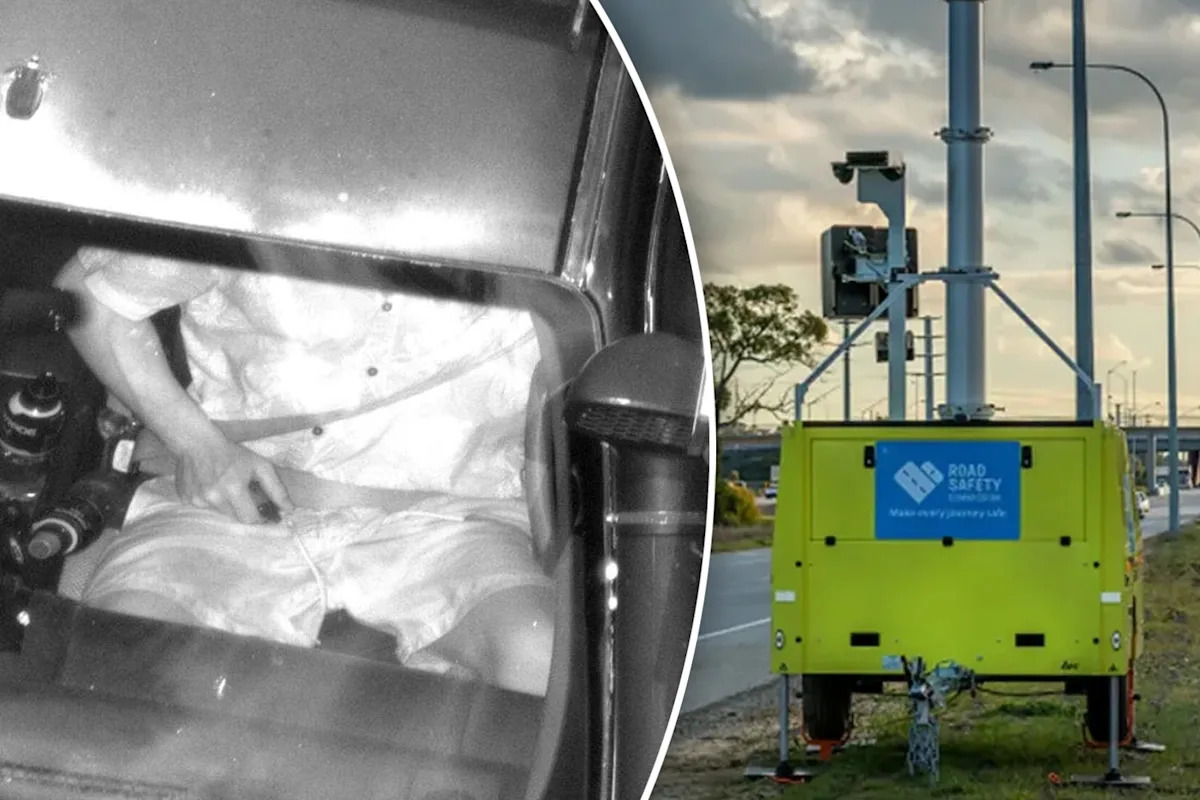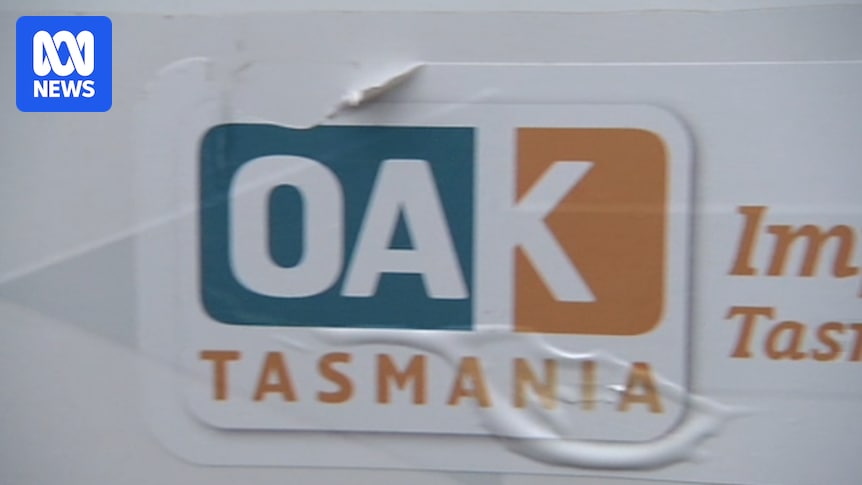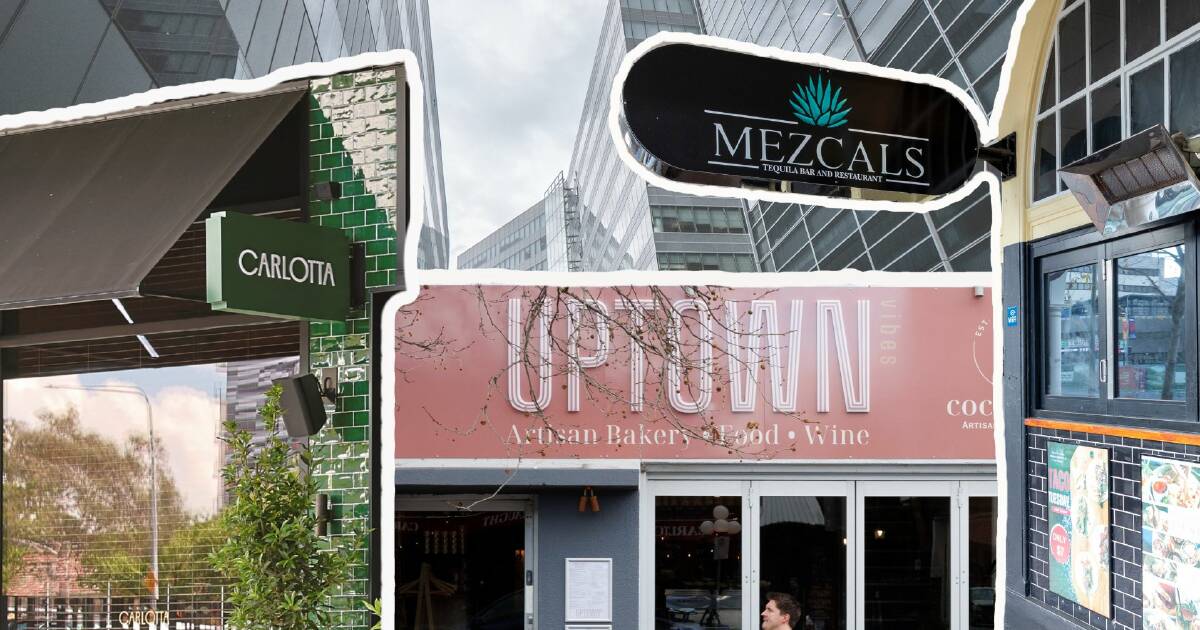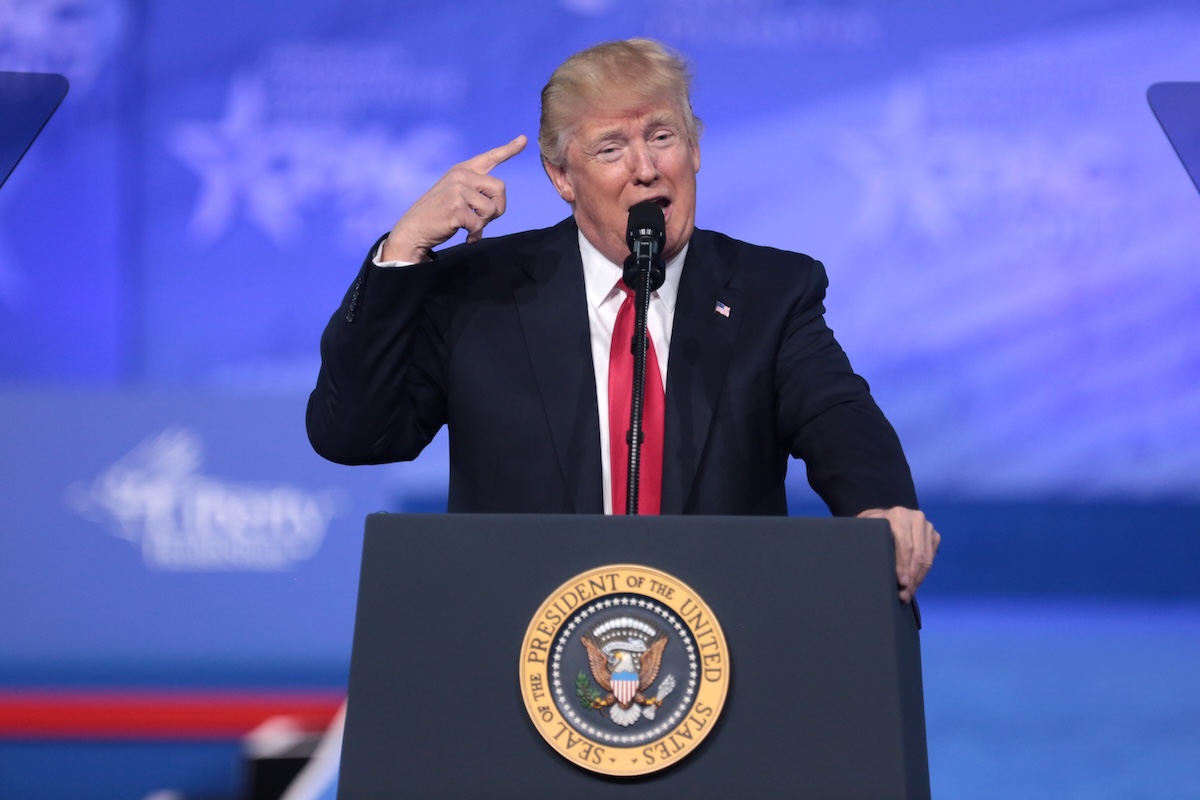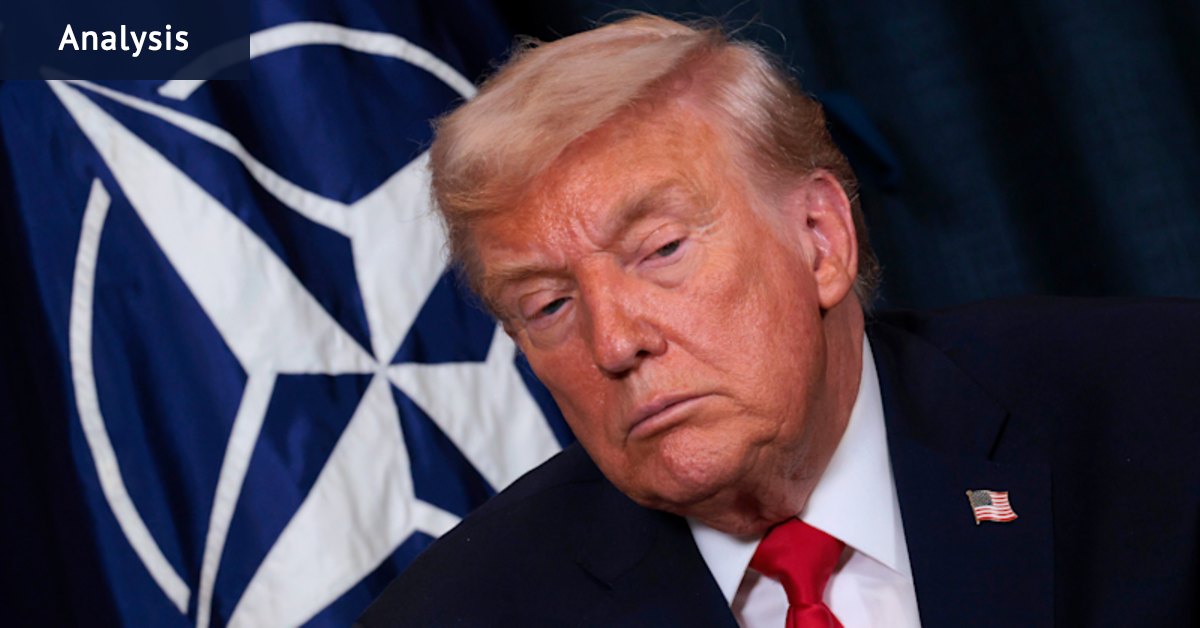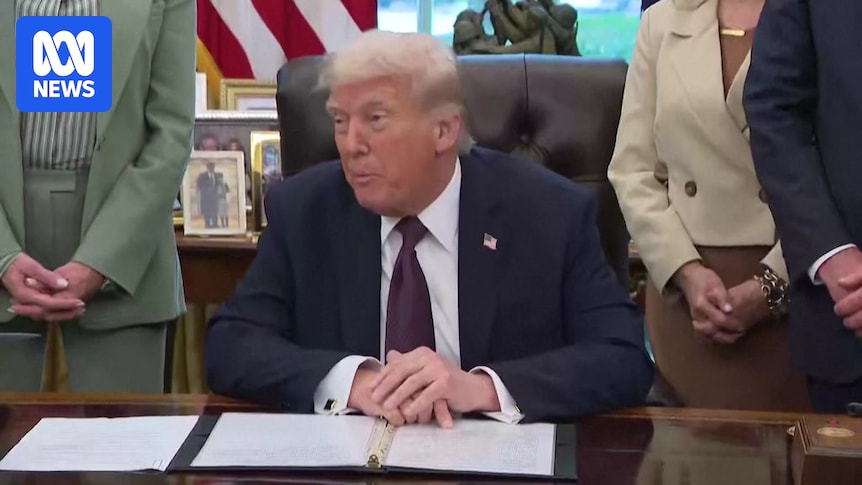
US President Donald Trump has signed a memorandum to deploy the National Guard to Memphis, Tennessee, in a bid to combat rising crime rates. This decision marks another significant test of presidential authority, as it involves using military force within American cities.
President Trump announced the creation of the Memphis Safe Task Force, describing it as a crucial part of a broader initiative to tackle urban violence. The task force will see a coalition of federal agencies, including the FBI, Immigration and Customs Enforcement, the Department of Homeland Security, and US Marshals, working alongside the National Guard and local law enforcement. Attorney-General Pam Bondi has been appointed to lead the operation.
Crime Statistics and Local Reaction
According to President Trump, Memphis has the highest violent crime rate, the highest property crime rate, and the third-highest murder rate in the United States. “Memphis [has] the highest violent crime rate, the highest property crime rate and the third-highest murder rate of any city in the nation,” he stated on Monday.
However, the decision has sparked controversy. A spokesperson for the City of Memphis did not immediately respond to requests for comment, but local residents have expressed their concerns. George Taylor, a Memphis resident, commented, “I think our military and people that we have here are very capable of taking care of what’s going on here in Memphis without any outside intrusion.”
Another resident, Princess Lowe, added, “I think it’s highly unnecessary. But, I mean, I don’t really think it is going to stop anything either, though. I’m going to just be honest. This is Memphis we … [are talking] about.”
“It’s like you are bringing them over to make this a war zone, or something. Like we’re overseas somewhere, like they do when they go to war,” said Memphis resident Reganald Ousluy.
Political Implications and Criticism
The deployment has drawn sharp criticism from Democratic leaders and civil rights advocates, who argue that the move is more political theatre than an effective public safety strategy. The Trump administration has been emphasizing crime as a central theme in its political strategy, aiming to rally voters around a message of law and order.
With federal deployments to Memphis and Washington DC, and promises of expanded crackdowns in cities like Chicago, the administration is framing violent crime as a national emergency. This approach seeks to portray Democrats as weak on public safety, a narrative that has spurred protests, including a demonstration by several thousand people in Washington last weekend.
Despite the administration’s stance, federal data indicates that violent crime in Washington hit a 30-year low in 2024, even as the city’s police department was placed under direct federal control and federal personnel were sent to patrol its streets.
Legal Considerations and Historical Context
It remains unclear under what legal authority President Trump plans to deploy the National Guard to Memphis or the timeline for such action. The Posse Comitatus Act generally restricts the use of the US military in domestic law enforcement, though exceptions exist, particularly when National Guard troops operate under a governor’s command.
A president could also invoke the Insurrection Act under certain conditions, allowing for military intervention in domestic affairs. This development follows previous instances where federal forces were deployed to cities, raising questions about the balance of power between federal and local authorities.
As the situation unfolds, the implications of deploying the National Guard to Memphis will be closely monitored, both for its immediate impact on crime rates and its broader effects on the political landscape. The move represents a significant moment in the ongoing debate over the role of federal intervention in local law enforcement and the limits of presidential power.
